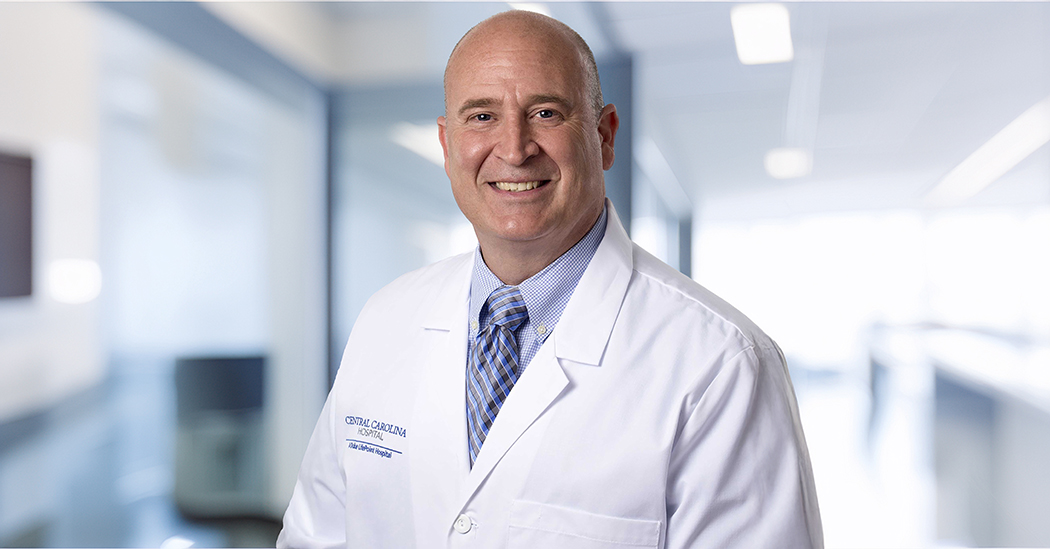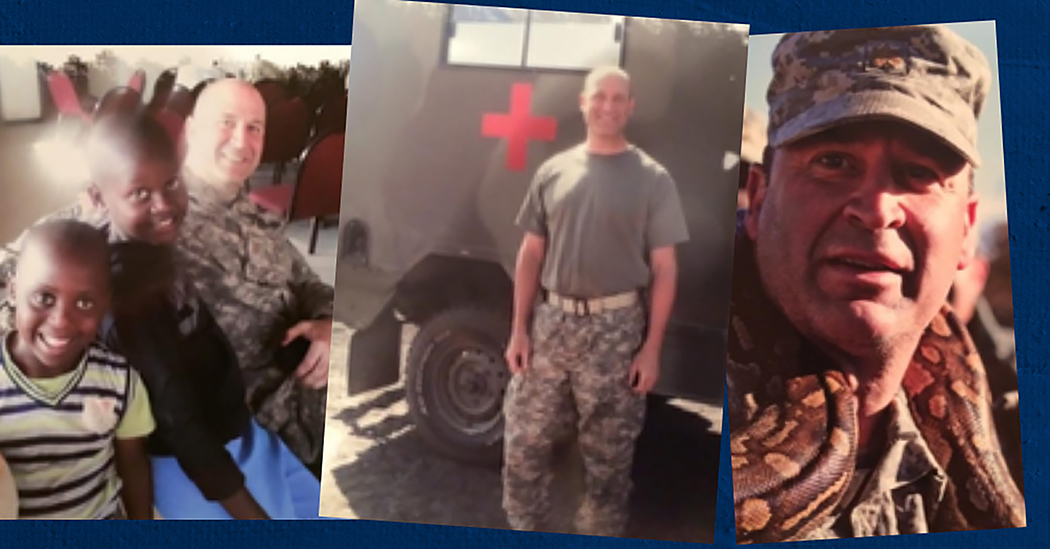Former US Army doctor pursuing global health impact

Richard Slusher, MPH ’25
Population and Health Sciences Online MPH Program
Afghanistan, Iraq, Syria, Jordan, Qatar, Ukraine, Latvia. In his role as a physician serving in the US Army, Dr. Richard Slusher certainly has seen the world.
And he has also seen the significant healthcare needs across the globe.
Slusher, who currently is a partner at an orthopedic practice in North Carolina, was looking beyond the examination rooms he now uses, beyond the digitized patient files and the technology on hand when he chose to enroll in the University of Michigan School of Public Health’s Online MPH program in Population and Health Sciences.
“I’ve had an interest in being involved in some kind of public health, and I am primarily interested in the global perspective,” he said.
PROSPECTIVE STUDENT? Learn more about Michigan Public Health.
I would like to take this degree and focus on the world, likely in Asia, and see how their healthcare systems work.”
While his familiarity and personal experiences with developing countries and the immense shortcomings in medical assistance throughout the planet provide the motivation, Slusher expects his Master of Public Health degree might provide an enhanced professional passport that will allow him to have a very meaningful impact in other nations.
“I would like to take this degree and focus on the world, likely in Asia, and see how their healthcare systems work.”
The Pontiac, Michigan, native has long had an interest in stretching the map. He enlisted in the Army at 17 and earned his bachelor’s degree from a military academy before earning a Doctor of Osteopathic Medicine degree from the University of Health Sciences, College of Osteopathic Medicine in Kansas City.
He went back into active duty following med school, served as a staff orthopedic surgeon with the Army while stationed at Fort Bragg and also jumped all over the globe while serving on surgical teams with the US Army Rangers and the Special Forces. It was on these tours, especially during deployments in Africa and the Middle East, that he was introduced to the depth and breadth of need in other nations.
“We basically learned it all and did everything,” Slusher said. “We went to villages and helped with everything—colds, general dentistry, orthopedic cases and even some veterinary issues with their livestock.
READ MORE about faculty, students, alumni and staff.

“In Africa, some of our work was related to dealing with HIV. That experience really led to my increased interest in public health on a more global scale.”
And eventually that connected Slusher with Michigan Public Health, where he has enhanced his already extensive education to best prepare him for future challenges on the world stage.
“I always wanted to go to Michigan, and I knew they had one of the top schools for public health,” he said. “I grew up a Wolverines fan, so no matter what, I was going to get a degree from Michigan someway, somehow,” he said.
“And I wanted to learn something else—something new—and since I was working in North Carolina, the online route was the only way I could do this.”
SUPPORT research and engaged learning at Michigan Public Health.
I always wanted to go to Michigan, and I knew they had one of the top schools for public health. I grew up a Wolverines fan, so no matter what, I was going to get a degree from Michigan someway, somehow. And I wanted to learn something else—something new—and since I was working in North Carolina, the online route was the only way I could do this.”
Slusher has high praise for the curriculum and the online program, which afforded him the schedule flexibility and access to the instructors that he said that many of the enrollees require.
“This program is definitely tailored for the business professional,” he said. “There were four or five other doctors in my class and the professors told us that they were aware that we are full-time professionals, so they were all very flexible with their time and availability.”
Slusher, who completed his residency in orthopedic surgery at Olympia Fields/St. James Hospital and the Chicago College of Osteopathic Medicine, has focused on an environmental health sciences track at Michigan Public Health and expressed a specific interest in how climate change is impacting global health.
“I have been impressed every single day with the professors at Michigan,” he said. “They are brilliant and they have taught me so much. I feel like everything they have taught me is very relevant to what I expect to be working on sometime in the future.”
